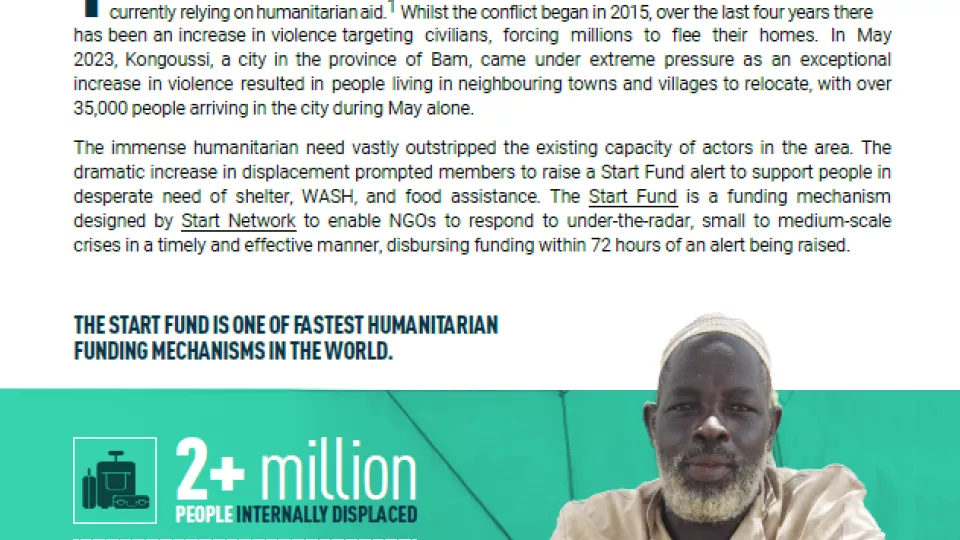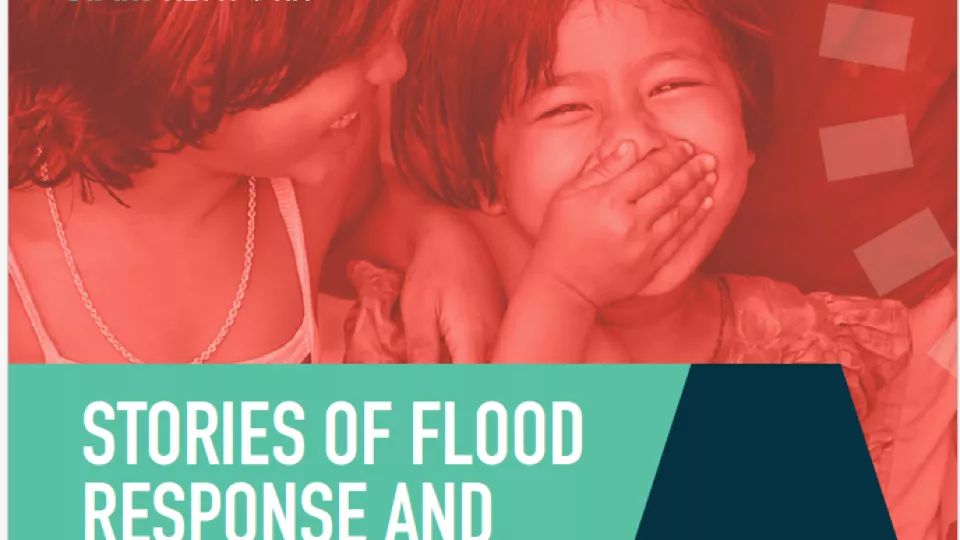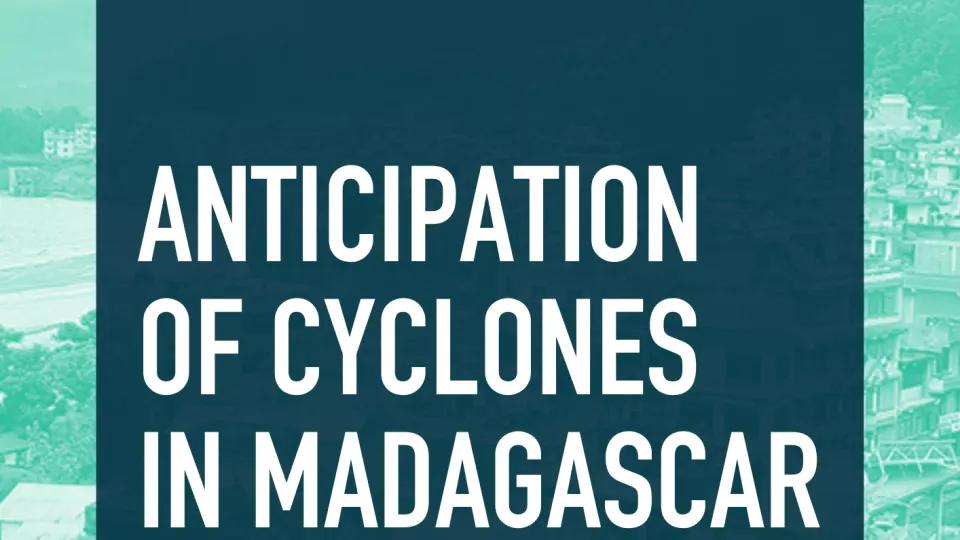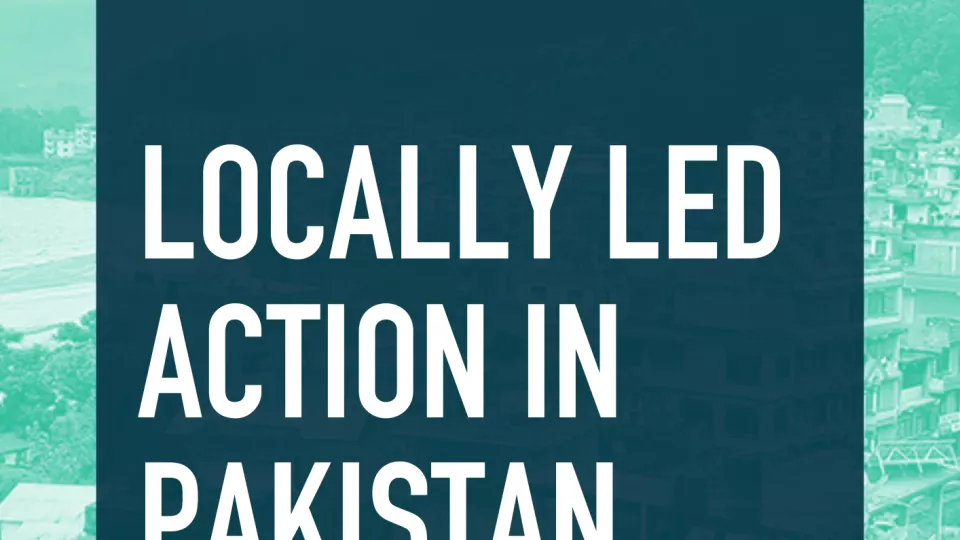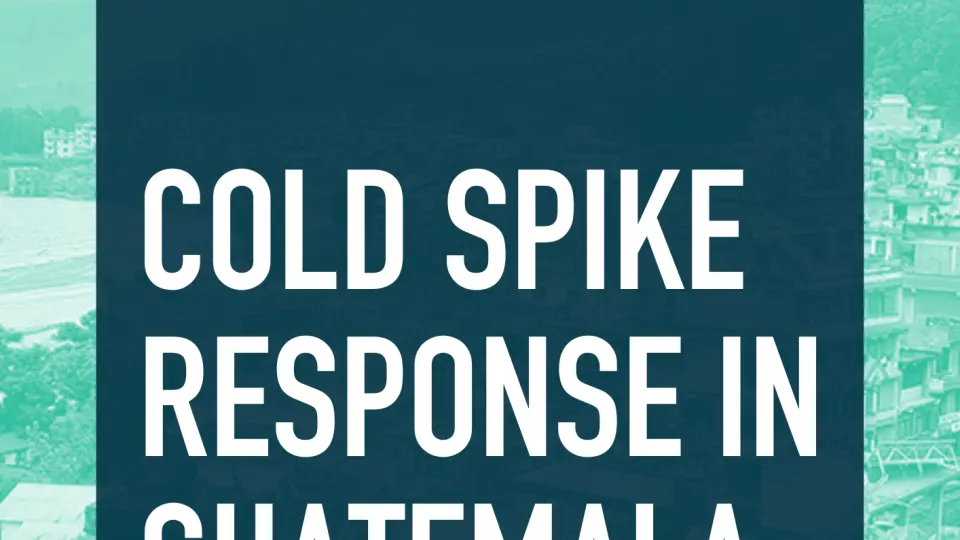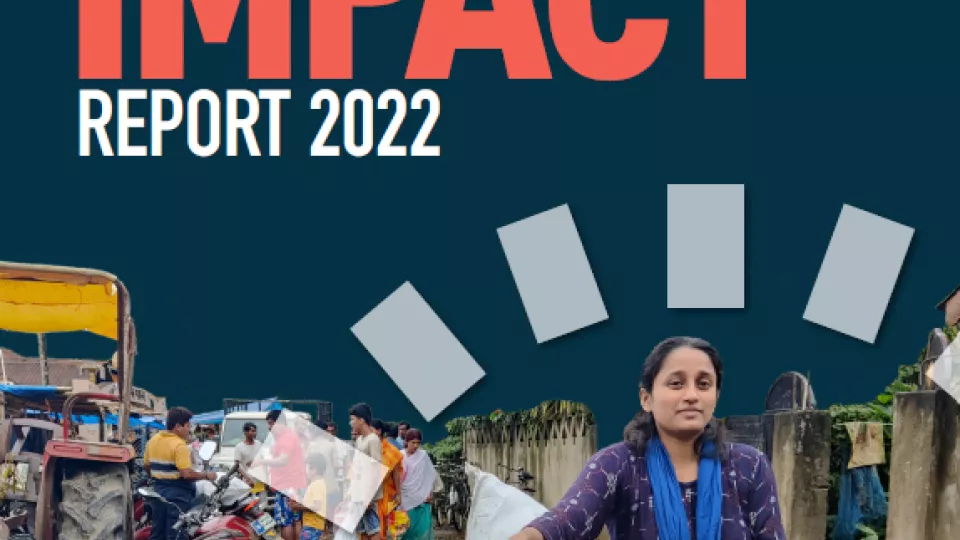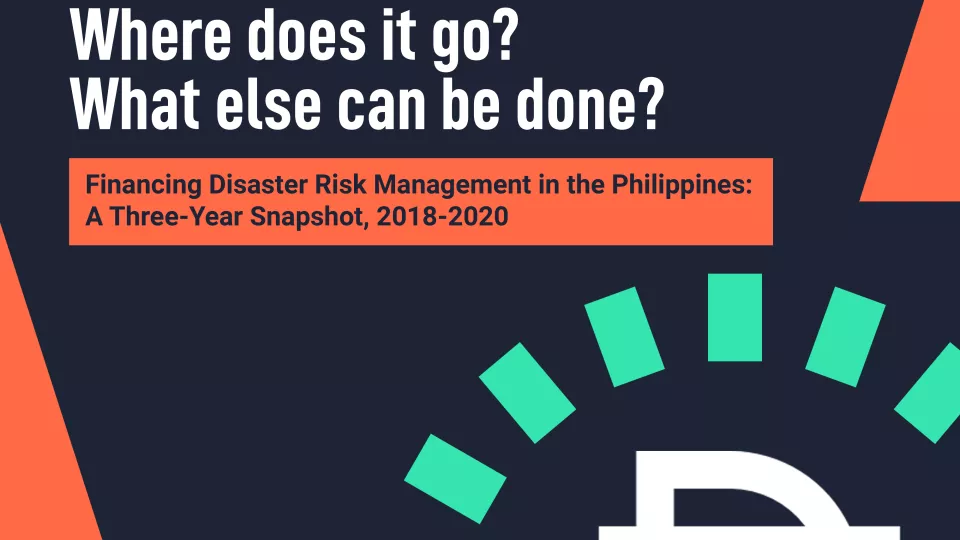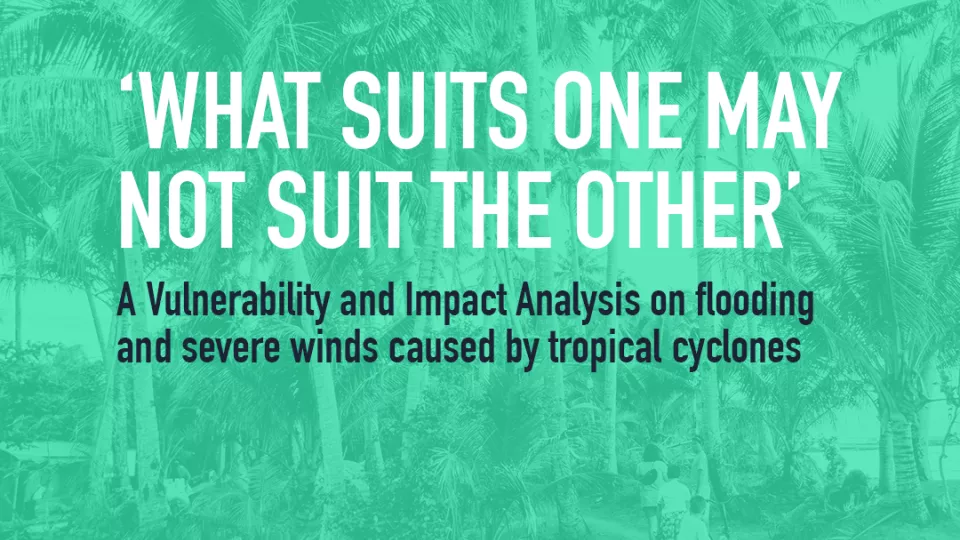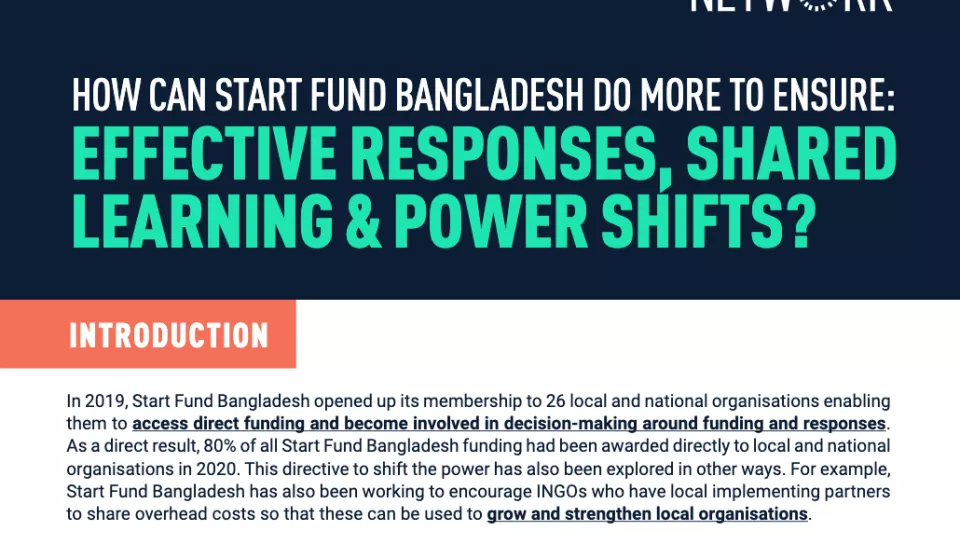This study aims to map the flow of funding for disaster risk management (DRM) in the Philippines in recent years, particularly from 2018 to 2020 (and part of 2021). For a country that is highly vulnerable to multiple, compounding hazards, tracking the sources of annual financing to deal with disaster risks, both ex ante and ex post, is necessary to help us understand better the scope of actionable DRM strategies by both government and non-government actors, especially in light of anticipatory humanitarian action. The exercise is also valuable in identifying financing gaps geographically and hazards-wise, as well as in exploring the impacts of the ongoing COVID-19 pandemic on DRM funding.
